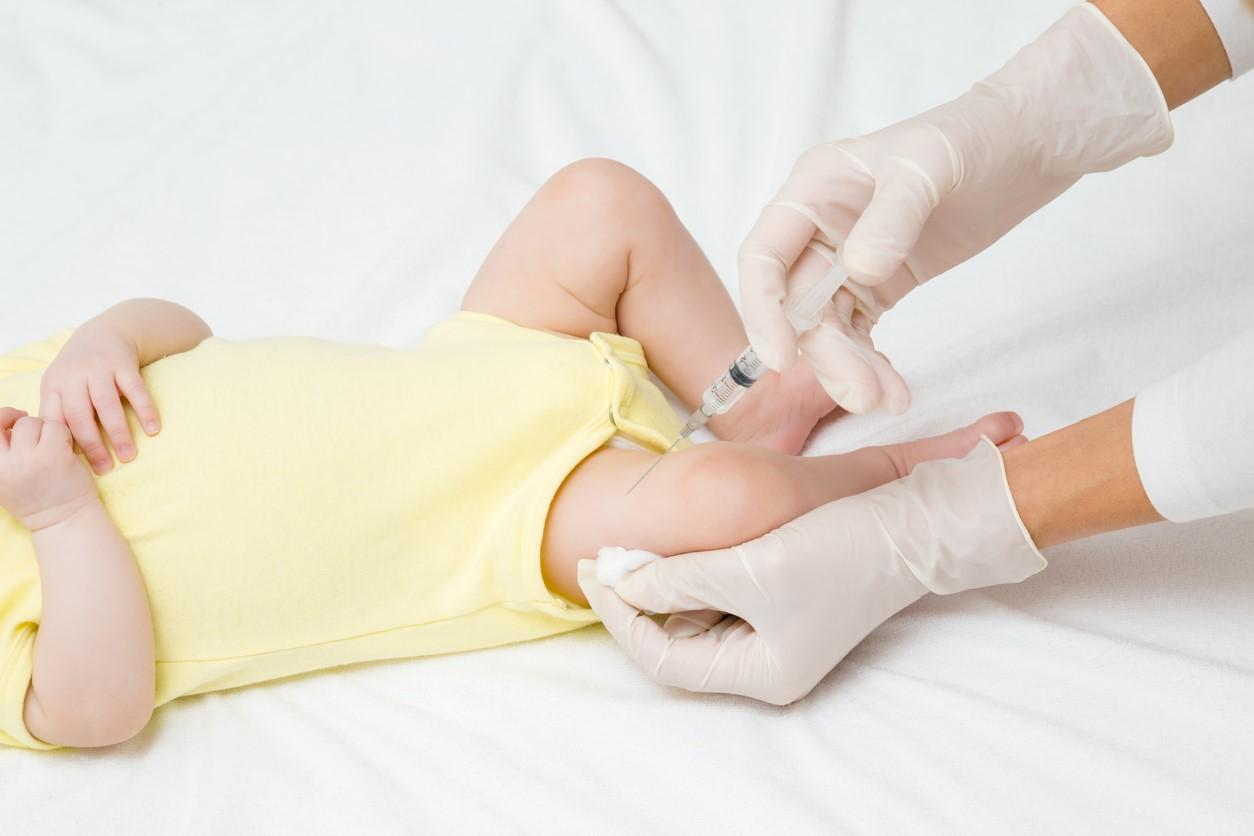
The effectiveness of the long-acting monoclonal antibody nirsevimab (Beyfortus) against primary care visits for lower respiratory tract infections (LRTIs) caused by the respiratory syncytial virus (RSV) was 76% in 160 infants younger than 10 months old from November 2023 to February 2024, researchers in Murcia and Valencia, Spain, reported late last week in Pediatrics.
In September 2023, the Spanish national immunization program targeted three groups at high risk for severe RSV based on their birth date and underlying conditions: those born during the vaccination campaign (seasonal group), those younger than 6 months at the start of the campaign (catch-up group), and those aged 6 to 24 months with high-risk conditions at the campaign start.
RSV is the main cause of LRTIs in children younger than 5 years, the authors noted.
Role of catch-up vaccination
Investigators with the MEDiterranean Infectious diseases PRIMary care (MEDIPRIM) network of primary care centers used a test-negative study design to estimate the effectiveness of nirsevimab against medically attended RSV-LRTIs among all infants born after April 1, 2023. In total, 141 babies (88%) received the drug, 29 of them at birth and 112 through the catch-up program.
This study underscores the effectiveness of nirsevimab in preventing medically attended LRTI in infants in outpatient settings and emphasizes the importance of a catch-up immunization program to reduce the disease burden in primary care.
Forty-four infants overall (27.5%) tested positive for RSV, and 116 served as controls. Three-quarters (75%) of infected infants had been vaccinated against RSV, as were 93% of controls. Seven children were hospitalized, three of whom were 3 months or older. Of those children, three tested positive for RSV and were younger than 3 months old; two of the three had been vaccinated, as was one control.
The estimated effectiveness of the RSV vaccine was 75.8% (95% credible interval [CI], 40.4% to 92.7%) overall and 80.2% (95% CI, 44.3% to 95.4%) in infants in the catch-up group.
"This study underscores the effectiveness of nirsevimab in preventing medically attended LRTI in infants in outpatient settings and emphasizes the importance of a catch-up immunization program to reduce the disease burden in primary care," the researchers wrote.









